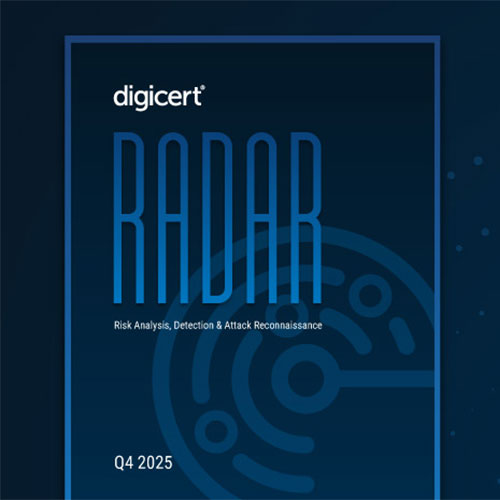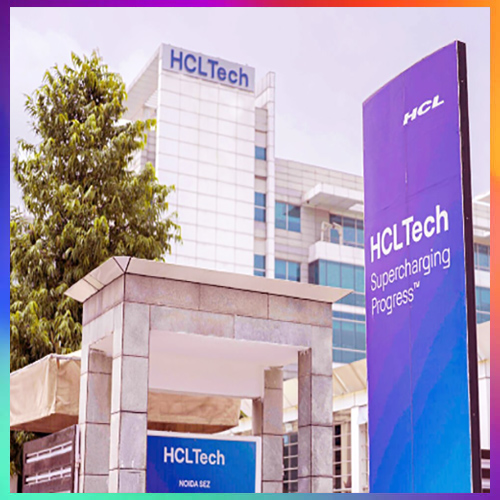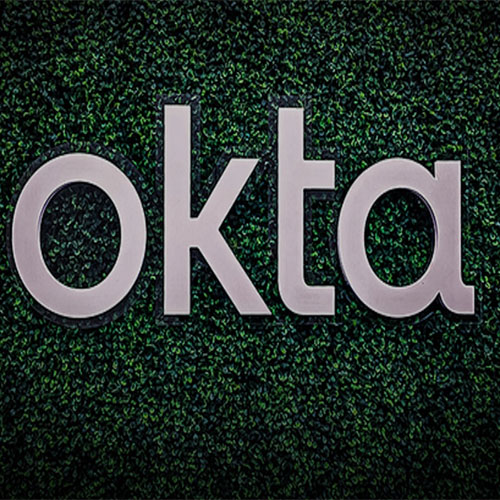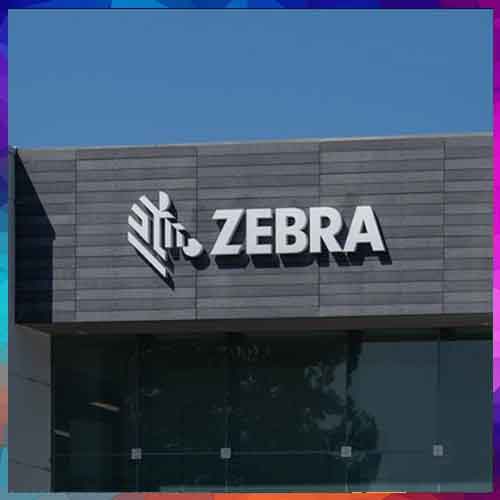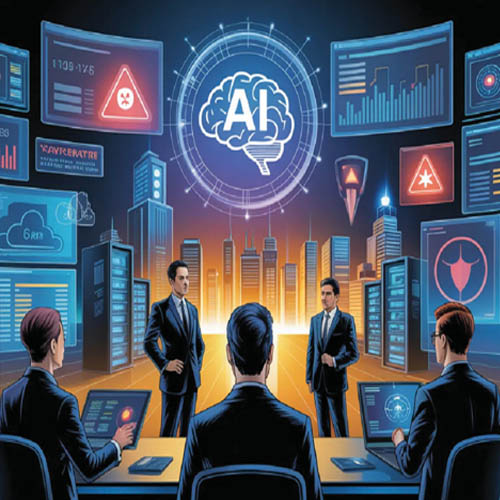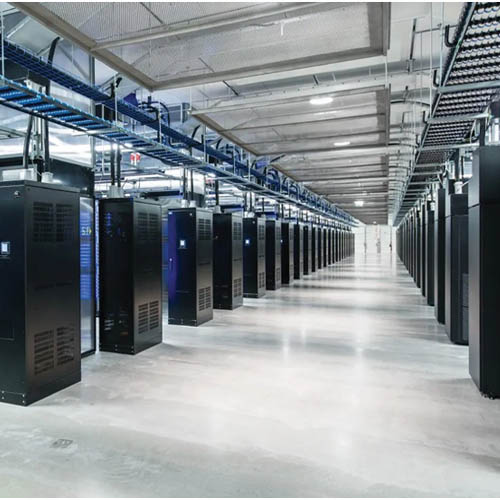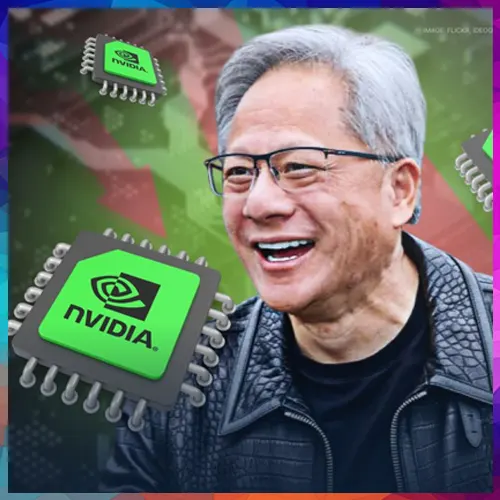
Nvidia CEO Jensen Huang recently made a lighthearted remark about the rapid obsolescence of AI chips, but his joke has sparked serious concerns among major cloud providers like Amazon, Microsoft, and Google. While technological advancements in AI hardware are a necessity for innovation, the increasing pace at which new GPUs replace older models has significant financial implications for cloud service providers that invest heavily in Nvidia’s cutting-edge chips.
At Nvidia’s AI conference, Huang commented on the depreciation of AI chips, particularly in reference to the company’s latest AI chip-and-server package, Blackwell, and its predecessor, Hopper. “I said before that when Blackwell starts shipping in volume, you couldn’t give Hoppers away,” Huang remarked. Though intended as humor, the statement underscored a harsh reality: rapid generational shifts in AI chips lead to faster depreciation of existing hardware, potentially impacting the financials of tech giants that heavily rely on these processors.
Financial Implications for Cloud Providers
According to a media report, the depreciation of AI chips could significantly affect the earnings of cloud service providers, as they regularly invest billions in infrastructure upgrades. Ross Sandler, a top technology analyst at Barclays, warned investors that hyperscalers—large-scale cloud computing providers—might be overstating their earnings due to this accelerated hardware obsolescence. Sandler noted in an investor memo that changes in depreciation schedules could force cloud providers to report lower profits in the near future.
Amazon Web Services (AWS), the world’s largest cloud service provider, is already experiencing the impact. AWS CFO Brian Olsavsky announced last month that the company had to reduce the useful life of some of its servers and networking equipment, a move expected to decrease its operating income by approximately $700 million this year. If similar accounting adjustments were made at Meta and Google, their operating incomes could decline by an estimated $5 billion and $3.5 billion, respectively.
The Balancing Act Between Innovation and Cost
While Nvidia’s advancements in AI chip technology—such as the transition from Hopper to Blackwell—are crucial for pushing the boundaries of AI, they also raise strategic and financial challenges for cloud providers. Companies must strike a balance between staying at the forefront of AI performance and managing the financial burden of rapid hardware turnover. Unlike traditional computing hardware, AI chips demand high upfront investments, and their fast depreciation can disrupt long-term financial planning.
As AI technology continues to evolve at an unprecedented pace, cloud providers and enterprises will need to reassess their strategies for upgrading and depreciating AI hardware. With Nvidia leading the charge in AI chip innovation, businesses must navigate the delicate interplay between cutting-edge performance and financial sustainability.
Also Read: How Nvidia’s Jensen Huang saves billions by avoiding estate taxes
See What’s Next in Tech With the Fast Forward Newsletter
Tweets From @varindiamag
Nothing to see here - yet
When they Tweet, their Tweets will show up here.







